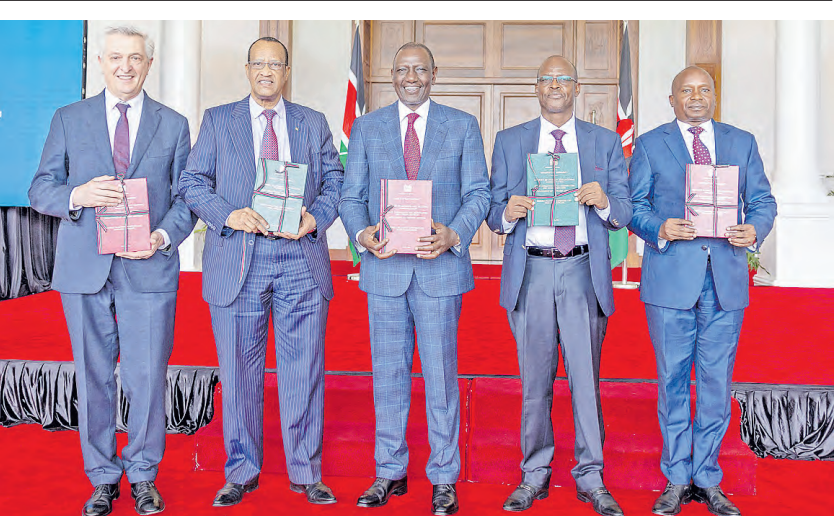

The UN refugee agency has praised Kenya’s refugee integration plan for eased access to education, health services and economic opportunities.
The Shirika Plan unveiled by the government last Friday aims to move refugee camps into integrated settlements, enabling more than 830,000 refugees and asylum seekers be assimilated into communities.
They will also have greater economic opportunities and access to improved health, education and other services.
Under the plan, refugee-hosting areas will be developed into municipalities to increase economic opportunities, education, health and essential services for refugees and local communities.
UN High Commissioner for Refugees Fillipo Grandi called the plan progressive in easing the burden suffered by refugees as their lives often come to a halt while they are in camps.
He called integration the more humane approach. In a statement after the rollout of the initiative by President William Ruto, Grandi called the plan the culmination of years of work towards greater refugee inclusion.
It is being led by the Nairobi administration, together with local authorities and support from UNHCR and other UN agencies, donors, humanitarian and development partners and the private sector.
The initiative marks a significant development in the country’s move toward implementing policies to improve the lives of refugees and their long-time hosts, Grandi said.
The initiative has run into headwinds as a group of opposition voices called it a ploy by the Ruto administration to give the refugees ID cards and list them as voters ahead of the 2027 elections.
For more than three decades, Kenya has hosted refugees and asylum seekers, primarily from Somalia, South Sudan, Burundi and the DRC.
The country is home to two of the world’s largest refugee camps – Dadaab in Garissa county, which hosts more than 420,000 people, and Kakuma in Turkana county, home to more than 300,000 refugees.
“The initiative aligns with Kenya’s commitment to the Global Compact on Refugees and builds upon legislative milestones such as the Refugees Act of 2021,” Grandi said.
“Kenya is showing the world that a story of cooperation, inclusion and hope is not only possible, but also necessary and of advantage to all.”









